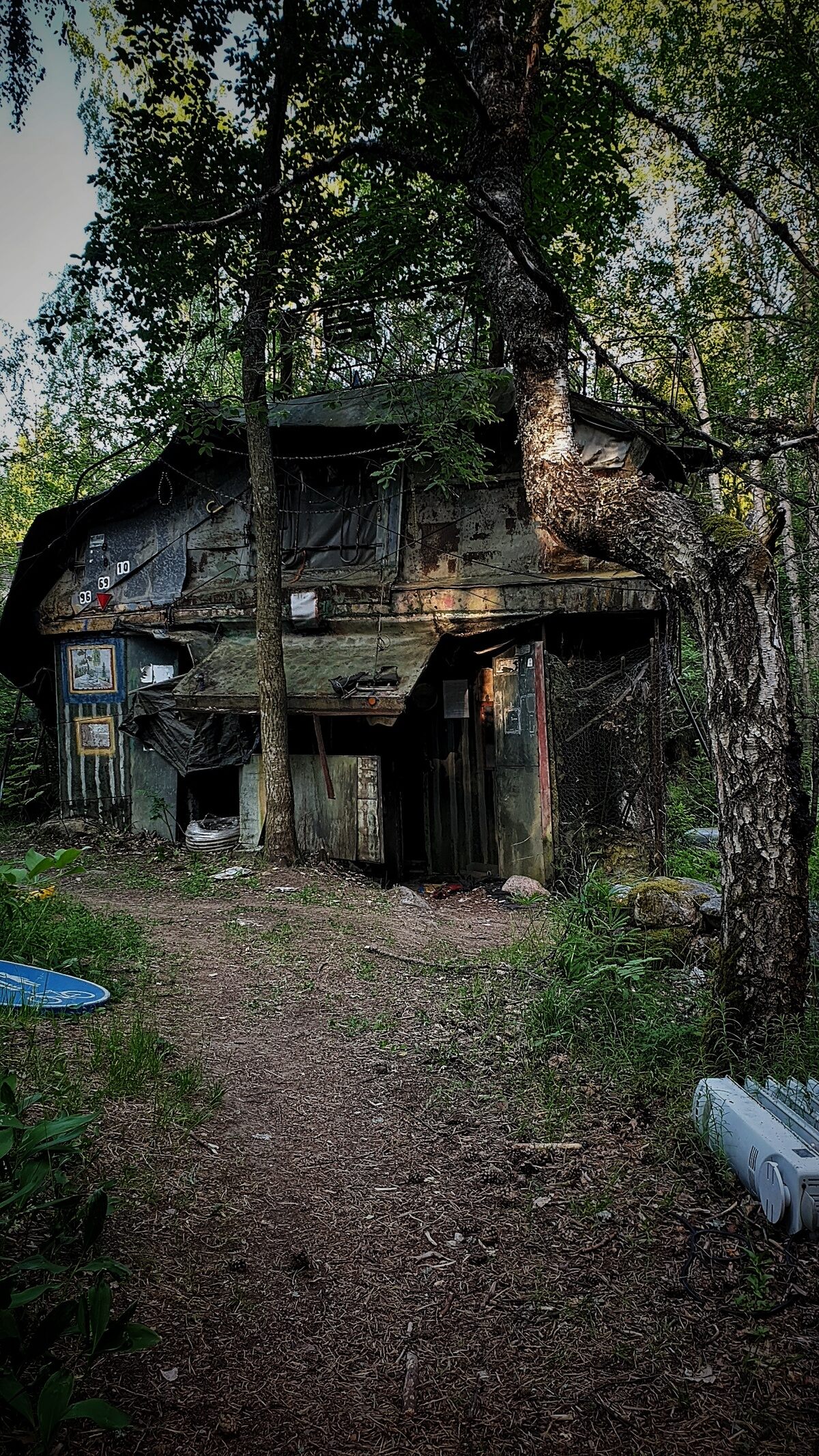Simpler or Simplest?
I could have named this post “Positive or Comparative?” and I’ve mentioned this in the past. Do a search in the upper right corner to see earlier posts.
The rule has to do with putting “-er” or “-est” at the end of an adjective. The rule is below the quote.
An author of the new Venus study told me that she’s come to the uneasy conclusion that Occam’s razor — the principle that given two conclusions the simplest one is usually correct — points to phosphine being created by life, not unknown geochemistry on Venus.
https://www.axios.com/newsletters/axios-space-ba9f4735-4119-4364-9582-3b8ea45bb8dc.html
The writer is Miriam Kramer, and I don’t know who the editor was, but here’s a picture of the scientist holding a model of phosphine:

Okay, the rule:
- When you compare two things, use the comparative; -er
- When you compare three or more things, use the superlative; -est
- When you’re not comparing but just describing, don’t put anything on the adjective.
Subscribe to this blog's RSS feed
Usually I See this Mistake using “Only”
This time we have a misplaced “Almost.”
Almost constructed entirely of repurposed and recycled scrap materials, Elis set out to create a welcoming villa suitable for parties and guests from his artistic circles.
https://www.atlasobscura.com/places/villa-mehu
Look up “only” in the search box for my pontifications on the subject of where adjectives go—directly before what they modify, not at the beginning of the clause.
As written, the sentence says that the villa wasn’t quite constructed. I’m pretty sure the intent was to refer to the amount of repurposed and scrap materials.
Don’t you do that!
The article has several other pictures.

Hmm. I Don’t Think a Noun Form Exists for this One
Here’s the comic:

https://www.gocomics.com/agnes/2020/07/26
“Addled” is an adjective. For that matter, you can’t go up to the front of the room and addle, either, so I don’t see a verb form, either.
What do you think?
Not a Compound Adjective
Usually when I write about compound adjectives, I use one (or more) as an example. Here’s a good example of a pair of adjectives that do not make a compound! Headlines are often incorrect, but this time they got it reasonably right. I ran into this headline recently (mid-July 2020) in the local paper:
As written, this means “no mandate regarding masks…” because the adjectives don’t modify each other; they both modify the noun “mandate.” (Yes, “mask” is really a noun. It’s being used as an adjective. We call this using the noun attributively, and if you can, avoid doing it, but you may when you don’t cause any ambiguity. I think this sentence is just ambiguous enough to justify a Writing Rag article about compound adjectives.)
Let’s make it a compound adjective:
No-mask mandate in Pocatello, at least for now
This would be referring to a mandate about requiring no masks! Politically, at least, this has quite a different meaning!
Pay attention to your commas!
PS—Here’s a correct sentence that uses both kinds of adjectives:
We flew in from New Zealand on a Hercules military ski-equipped aircraft.
https://www.quantamagazine.org/john-priscu-finds-life-in-antarcticas-frozen-lakes-20200720/
“Military” and ski-equipped” are separate adjectives that modify “aircraft.” If such things as military skis exist, and he were referring to them, we would have gotten two hyphens: “military-ski-equipped.”
How to Change a Verb into an Adjective
In this case, a separable verb, pin down. It’s at the bottom.
I think that’s how you do it, anyway. How would you do it?

